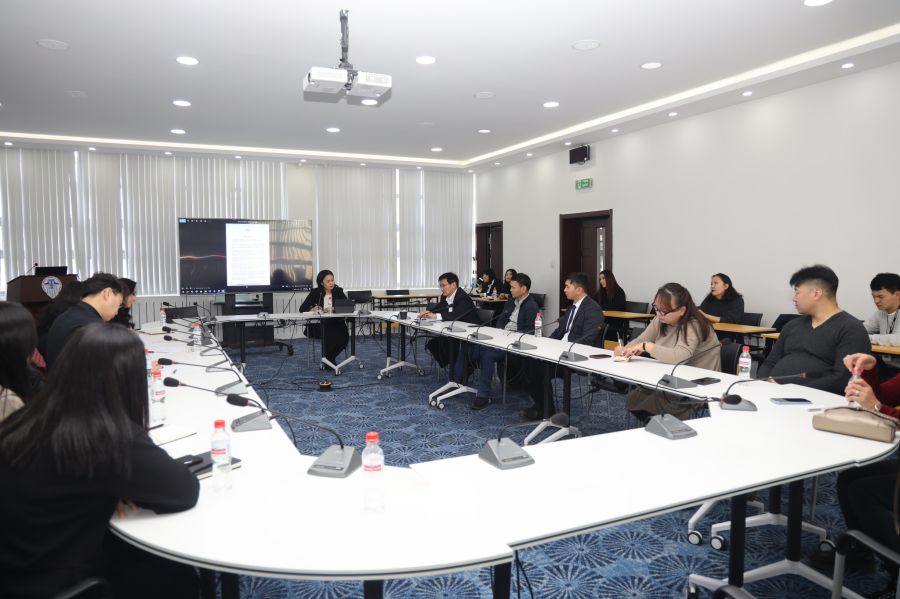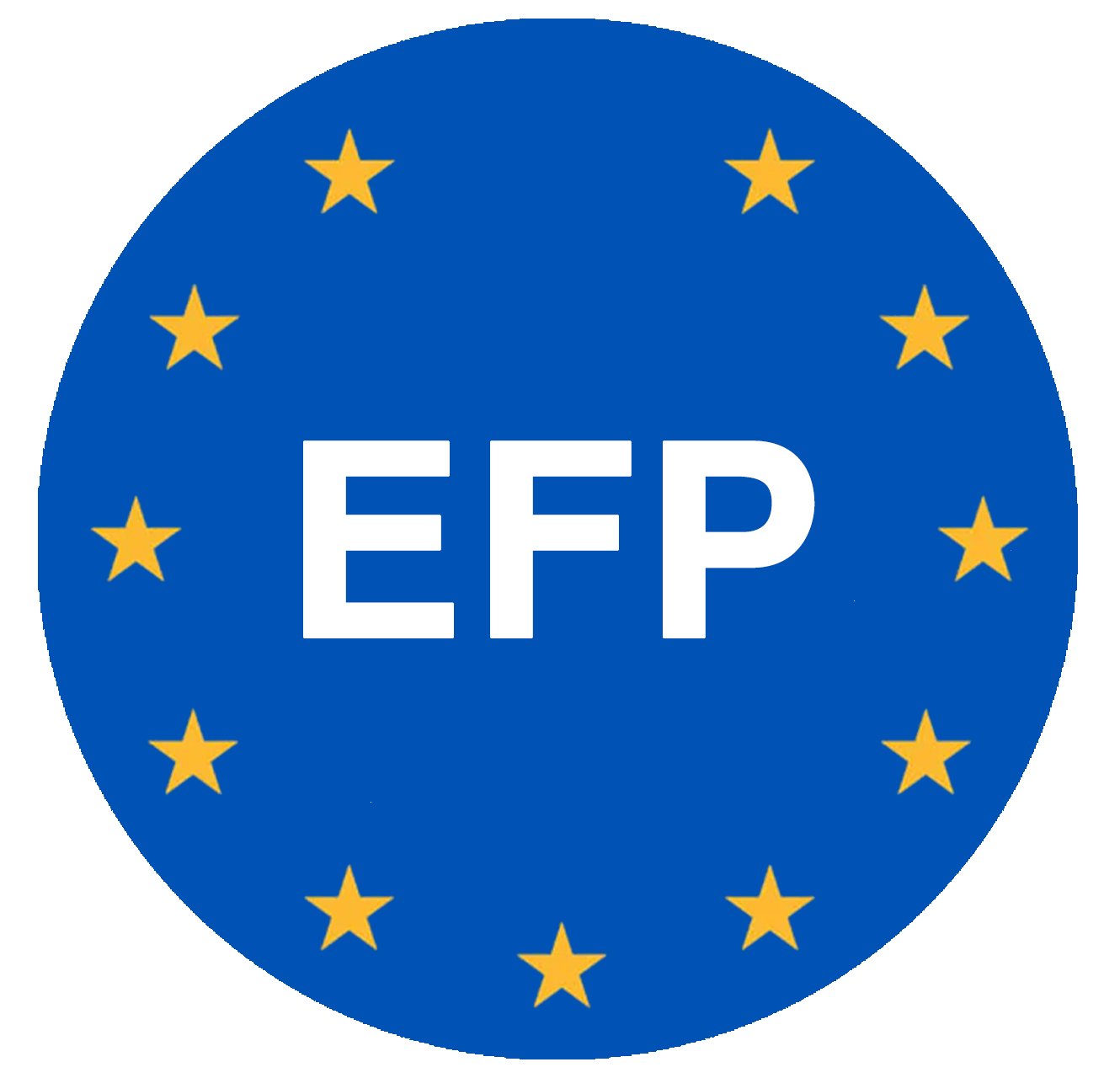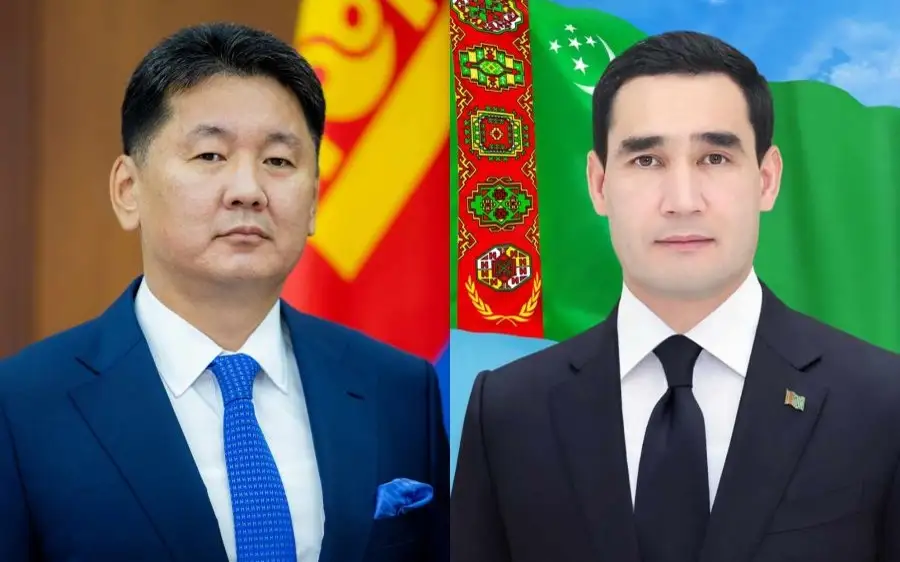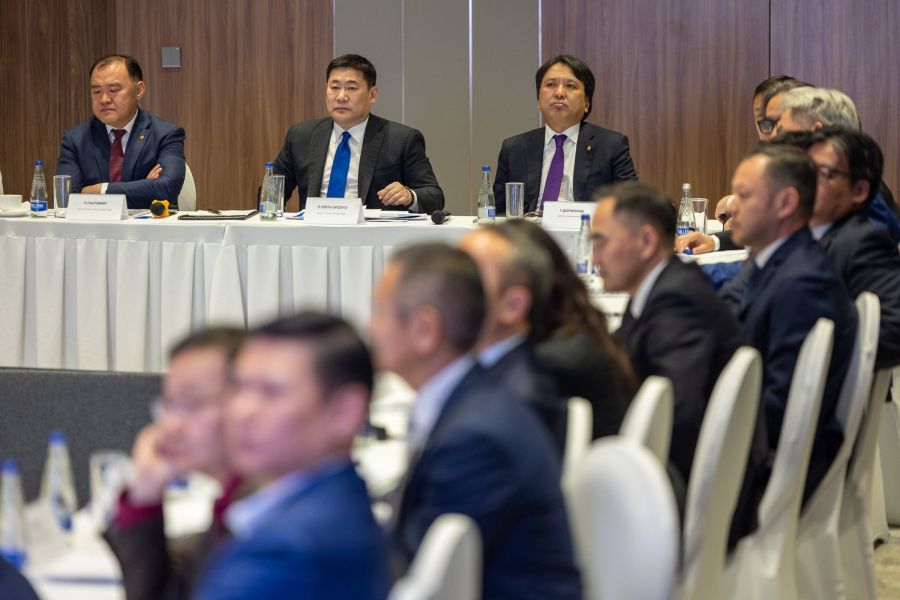The Economic Partnership Agreement (EPA) between Mongolia and Japan entered into force in June 2016 and has been implemented since 2017. The Mongolian National Chamber of Commerce and Industry (MNCCI) intends to develop a recommendation on improving the Agreement’s implementation and submit it to the relevant state authorities of the two countries. As part of this initiative, MNCCI organized a discussion on November 13, 2024, to resolve the challenges faced by businesses in implementing the EPA.

Under the Economic Partnership Agreement, Mongolia agreed to lower import customs tariffs on approximately 5,700 types of goods in 97 groups, while Japan committed to reducing tariffs on about 9,300 types of goods in 97 groups. Since the agreement entered into force in June 2016, Mongolia has exempted customs taxes on 59 percent of these imported goods (3,429 types) and Japan on 86 percent (8,000 types). However, statistical data indicates that Mongolia’s export types and quantities have not significantly increased.
Ts. Tsend-Ayush, Executive Director of the Woolen Handicrafts Support Center NGO, said, “We have been exporting felt slippers to Japan for more than 10 years, but the trade has not been expanded. The main reason is the discrepancy in HS codes. Even though felt is exempted, felt slippers are not exempted as a product for shoes and footwear. If the code issue is resolved, the export of felt products to Japan can expand.”
Executive Director of the Association of Non-Mining Exporters Ch. Nergui emphasized, “There has been no significant progress in trade between the two countries. Though eight years have passed since the agreement was signed, Mongolia has been still exporting only a few types of goods, including wool and wool products that we used to export. The businesses of Mongolia and the MNCCI should critically examine the reasons for this stagnation. Considering the cultural differences between Mongolia and Japan, it would be more effective to export products specifically tailored to the Japanese market. Rather than promoting sea buckthorn’s health benefits to a nation with millennia-old tea culture, it would be more appealing to develop tea products that align with Japanese culture while incorporating Mongolian elements.“
The proposals made by the participants will be presented at a meeting of the Mongolia-Japan Joint Subcommittee on November 27, 2024, to discuss the implementation, improvement, and reduction of trade and tariff barriers of the Agreement.


